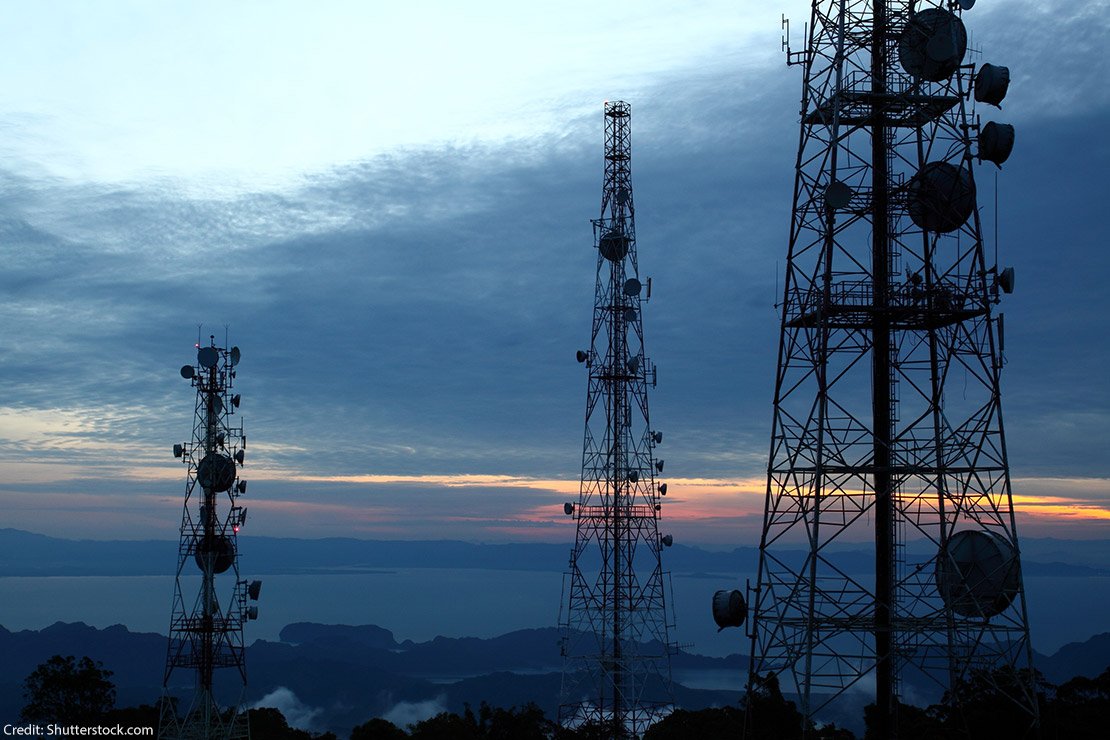The American Civil Liberties Union (ACLU from American Civil Liberties Union) he published thousands of pages of previously unreleased documents.
These documents reveal how the Department of Homeland Security (DHS) buys access to data locationof millions of cell phones of US citizens.

The purchase of the data by various DHS departments – including Customs and Border Protection (CBP) and Immigration and Customs Enforcement (ICE) – was first reported by the Wall Street Journal in 2020.
In response to the news, the ACLU filed a verification request with DHS, ICE and CBP, along with the respective lawsuits.
The litigation is still ongoing, and the association has decided to release the records released to date by CBP, ICE, and various other US intelligence agencies.
The records show that DHS is using millions of taxpayer dollars to buy access to cellphone location information from two data vendors: Venntel and Babel Street.
According to documents obtained by the ACLU, Venntel collects more than 15 billion location points from more than 250 million cell phones phones and other mobile devices every day.
How the data is used
According to a company brochure (yes, it takes guts to advertise such actions), law enforcement can use this data to “identify devices observed at points of interest, repeat visitors, frequented locations, or to identify known partners".
A 2018 internal DHS document raised privacy concerns for people living near the US border, while also suggesting the use of Venntel's location data to "determine patterns of illegal immigration."
In the face of the obvious privacy implications, data vendors are trying to downplay their actions.
The promotional documents characterize the phone's location data as a simple "digital pool", which does not contain personally identifiable information (PII), but is attached to a numerical identifier.
This hides the fact that phone numbers are linked to identity information — not to mention how much data you're sharing just by signing in to Google.
Data vendors claim that phone users themselves voluntarily reveal their location when they consent to using GPS.
This is a perfect gray area that data vendors and government agencies can exploit.
Users don't always know how many apps on their phone collect information from GPS and (reasonably) don't expect that data to be sold to governments for tracking.
Urgent need for new privacy laws
Searching and using personal location data without a government warrant is a clear violation of the US Fourth Amendment.
For this reason, the ACLU is urging Congress to pass the Fourth Amendment – Not For Sale Act — a bipartisan proposal introduced last year and co-signed by nearly 20 Democrats and Republicans in the Senate.
The bill requires the US government to have a warrant before buying data from companies like Venntel and Babel Street.
It would also prevent law enforcement and intelligence agencies from buying U.S. citizens' cellphone data both at home and abroad "if the data was obtained from a user's account or device or through fraud, hacking, breaches of contract, privacy policy, or the terms of service.”
Will the end of mass surveillance be hastened once and for all, or will we have to learn to live with it?





